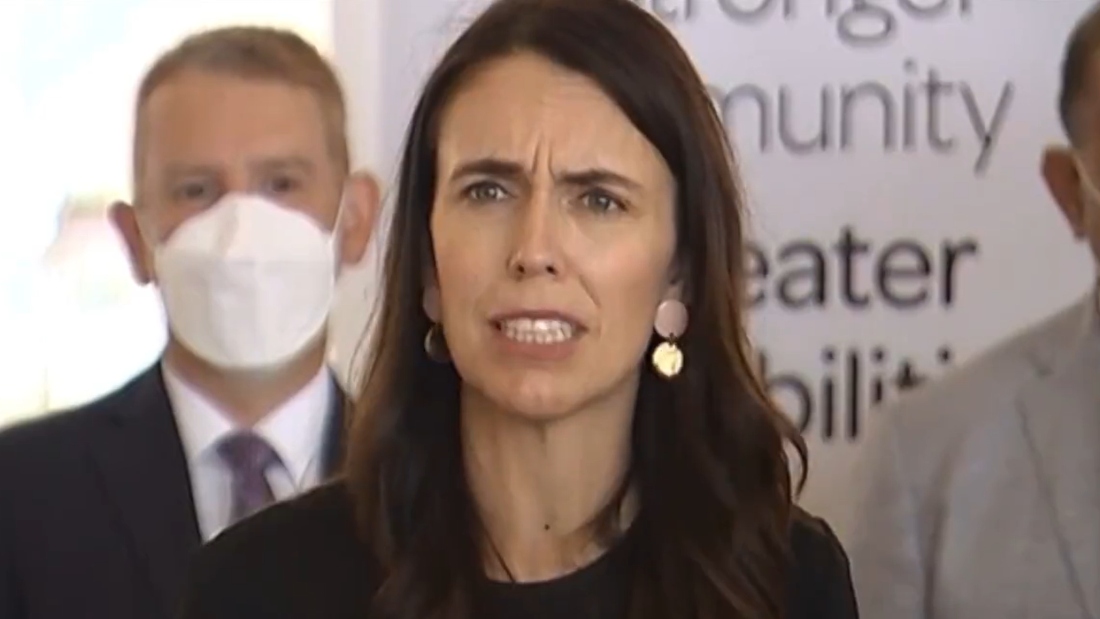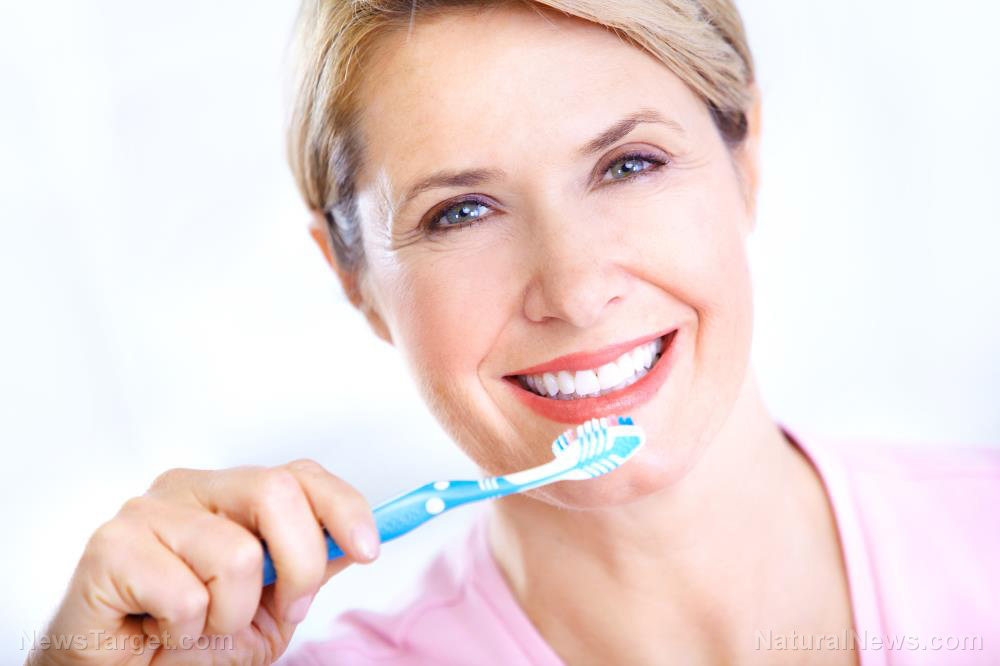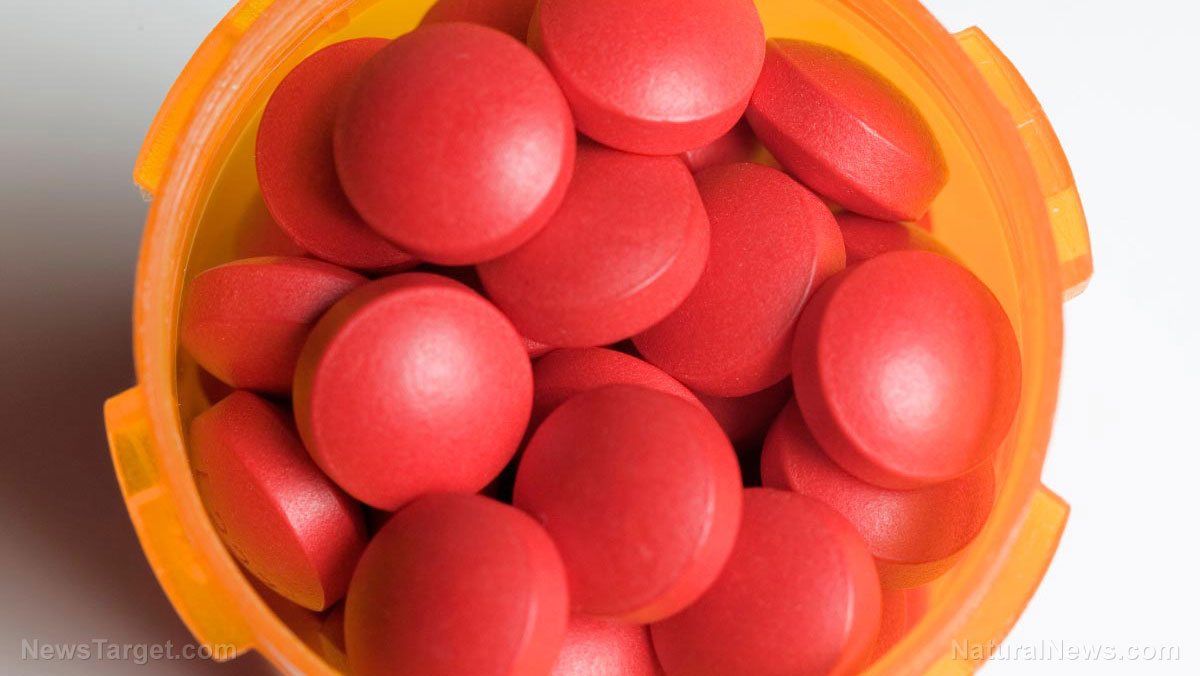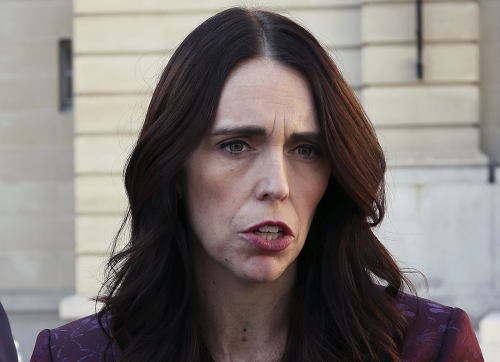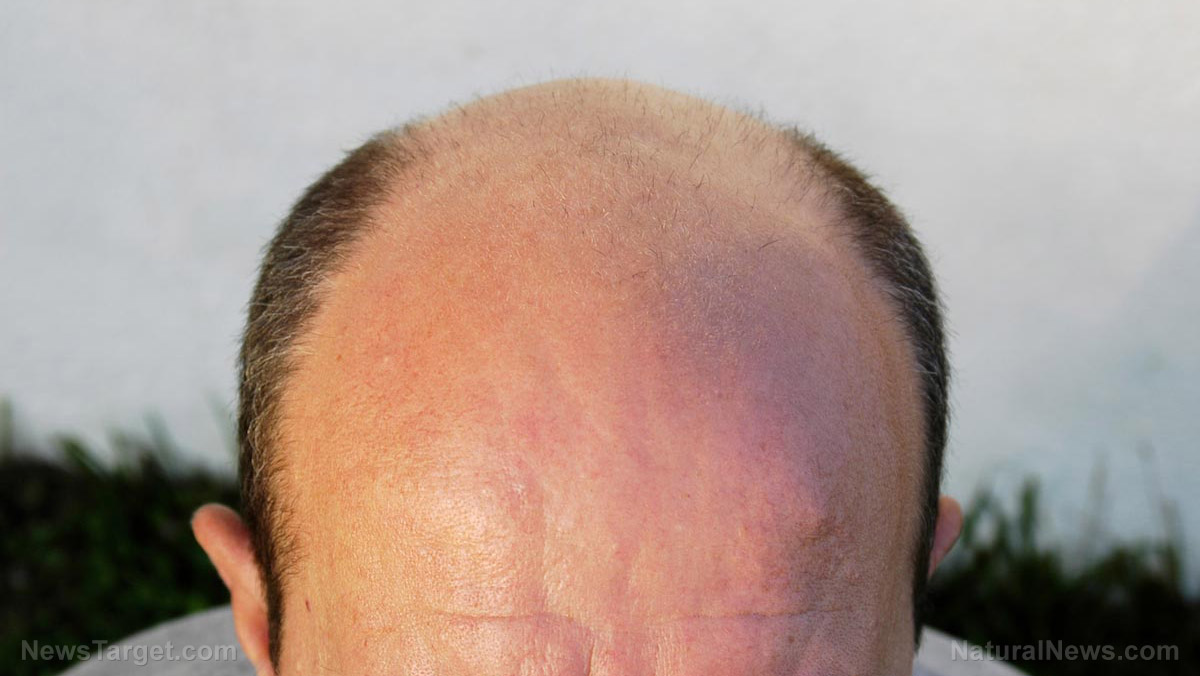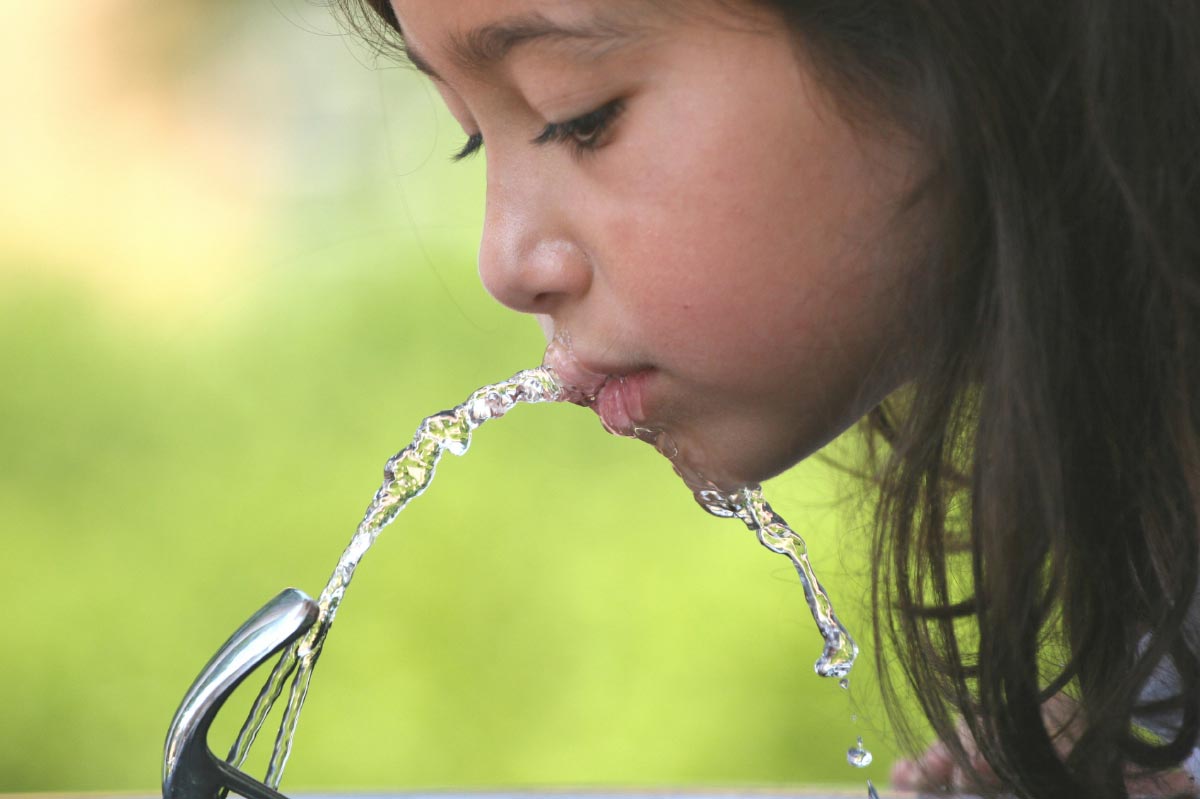Here’s why natural toothpaste is better than commercial toothpaste for supporting optimal oral health
09/14/2022 / By Olivia Cook
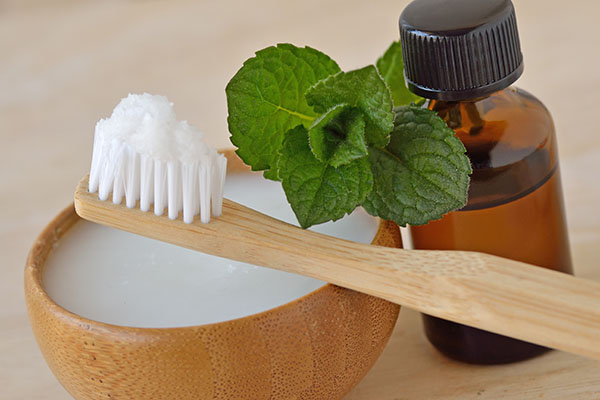
Using natural toothpaste lets you avoid the unhealthy additives found in most commercial toothpaste. You are substituting artificial chemical ingredients and petroleum compounds with ingredients that provide science-backed health benefits when it comes to oral health and dental hygiene.
Numerous studies have found dangerous ingredients in commercial toothpaste. These dangerous ingredients include the following:
Aspartame
Aspartame is the most common artificial, non-nutrient sweetener used in commercial toothpaste because it is cheap to use, low calorie and 180-200 times sweeter than sugar. When ingested, however, aspartame metabolizes in the body to form methanol (a poisonous wood alcohol) and is then quickly absorbed and converted by your body into formaldehyde, an extremely dangerous compound that causes severe damage to your tissues.
According to a study published in the journal Nutrients, “aspartame consumption can cause mood disorders, mental stress and depression.” Maternal absorption of aspartame during pregnancy correlates with autism in children. Long-term aspartame use influences the cerebral and cerebellar cortex. It can cause neurodegeneration, modify the functions of neuronal cells and interrupt homeostasis, learning and memory.
Fluoride
Fluoride fights cavities, but in large doses is toxic and can also cause mottled teeth, in which the enamel of the teeth appears flat, opaque white, stained yellow, brown or black.
Parabens
Parabens are preservatives that are used to extend the shelf life of toothpaste and may cause endocrine disruption, according to a study published in the journal Molecular and Cellular Endocrinology.

Saccharin
Saccharin is another popular artificial sweetener that may disrupt the balance of gut bacteria and increase the risk of Type 2 diabetes and obesity, according to a study published in the International Journal of General Medicine.
Sodium lauryl sulfate
Sodium lauryl sulfate (SLS) is petrol-derived and used to create foam in commercial toothpaste. A study published in the American Journal of Dentistry reported mucosal desquamation (peeling or flaking), irritation or inflammation of oral mucosa or the dorsal part of the tongue, ulcerations and toxic reactions in the oral cavity as harmful effects of SLS.
Titanium dioxide
While commonly used in the U.S., titanium dioxide is deemed unsafe in Europe and is among chemicals banned by the European Union (EU) as a possible carcinogen. Titanium dioxide is used as white pigment in toothpaste.
A study published in the International Journal of Molecular Sciences, reported on the adverse health effects of this additive, including inflammation, DNA damage, tumor promotion and weakening of the immune system.
Triclosan
The Food and Drug Administration (FDA) banned antibacterial agent triclosan (TCS) in the U.S. on September 2016. It is also currently under assessment as an endocrine disruptor in the EU.
Human epidemiological studies correlated TCS, which is readily absorbed into human skin and oral mucosa, with reproductive and developmental defects and demonstrated an association between spontaneous abortion rates and high TCS urine concentrations. Several studies have also shown that TCS exhibited endocrine-disrupting effects.
Making natural toothpaste at home
You only need three basic ingredients to make a DIY toothpaste that is safe and an inexpensive substitute for commercial toothpaste. (Related: Heal cavities, gum disease and whiten teeth with natural homemade toothpaste and diet.)
Baking soda
Baking soda keeps your teeth white, absorbs smells and helps clean your teeth. When baking soda mixes with water, it becomes an alkaline solution. This leads to the release of free radicals, which help break plaque on your teeth and remove surface stains. On top of this, baking soda is an effective treatment for anyone experiencing mouth ulcers.
According to a study published in the International Journal of Dental Hygiene, baking soda is non-toxic and is mild on the soft tissues of the gums and oral mucosa.
Coconut oil
Coconut oil supports healthy clean teeth and gums and helps decrease plaque buildup, tooth decay, bleeding of gums and the formation of bad breath. It even helps to restore dental enamel.
According to a study published in the journal Heliyon, coconut oil is composed mainly of medium fatty acids, including lauric acid, which is known for its anti-microbial, bacteria-fighting and anti-inflammatory benefits.
Essential oils
Essential oils add a nice flavor and also have their own science-backed health benefits. Just make sure the essential oils you choose are pure and recommended for internal use.
According to a study published in the Journal of International Oral Health, essential oils possess antibacterial, antifungal and antioxidant properties and have proven therapeutic properties in dentistry as an oral hygiene adjunct (supplement).
The fourth ingredient, which is optional, is a natural sweetener like Xylitol, a sugar alcohol derived from natural sources such as fruits, vegetables and birch trees. Baking soda tastes quite salty, so others add a natural sweetener to make the taste a little bit better, especially if you have children.
You can make a good amount of homemade toothpaste in a matter of seconds. Simply mix:
- 5 tablespoons baking soda
- 4 tablespoons coconut oil
- 10-15 drops of your preferred essential oils (peppermint, spearmint, clove, cinnamon, tea tree, thyme or wild orange)
- A little under a teaspoon of your preferred natural sweetener (Stevia, Xylitol)
Mix them together until they become a paste that looks similar to a store-bought toothpaste.
Always bear in mind that what is in your toothpaste is as important as what is in the food you eat because your mouth is the gateway for those ingredients to be absorbed into your bloodstream.
Learn more about how to maintain good oral health naturally at HolisticDentistry.news.
Watch the video below about DIY natural toothpaste recipe that only needs two ingredients.
This video is from the JourneyOfAdam channel on Brighteon.com.
More related stories:
CDC warns against too much fluoride in kids’ toothpaste, ignores harm from fluoridated water.
Stock up on baking soda, a versatile item with many survival and medicinal uses
Sources include:
StunningSmilesOfLakeForest.com
Submit a correction >>
Tagged Under:
aspartame, Baking Soda, coconut oil, dental health, dental hygiene, DIY toothpaste, essential oils, Fluoride, health science, Holistic Dentistry, natural health, natural ingredients, oral health, products, sweeteners, toxic chemicals, toxic ingredients
This article may contain statements that reflect the opinion of the author




